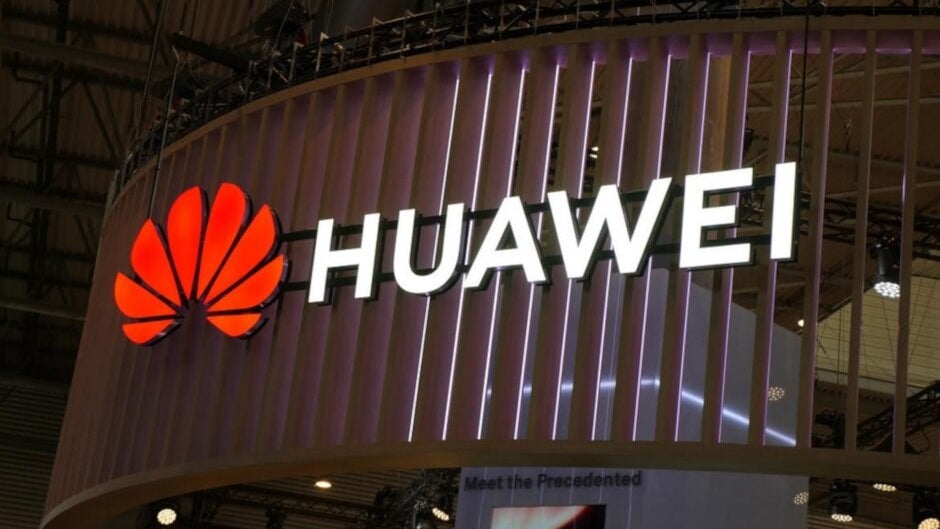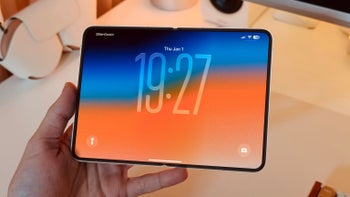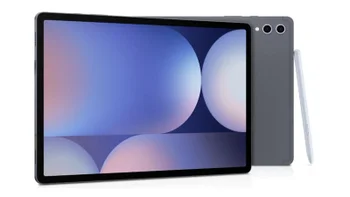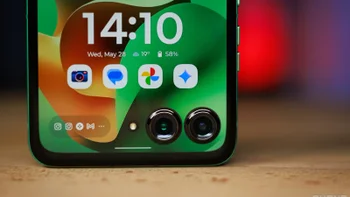Huawei will sue to stop the FCC from blocking purchases of its networking gear

A week ago today, we told you that the FCC had voted unanimously (by a 5-0 vote) to block purchases of Huawei and ZTE networking equipment by the Universal Service Fund (USF). The fund is managed by the FCC and is funded from fees added to the monthly invoices paid by telecom customers in the U.S. $8.5 billion is spent each year from the fund to make sure that those in rural and low-income areas have access to telecommunication services including the internet. Both Huawei and ZTE are considered national security threats amid fears that their networking gear contain backdoors that sends information about American companies and consumers to the Chinese government. Huawei is the largest supplier of networking equipment in the world with ZTE fourth, but the U.S. does not want any of the 5G networks in the country to contain Huawei or ZTE gear.
The ban does not cover previously built networks, although the FCC is taking public comments on such a rule. The problem is that many carriers providing internet access to rural and low-income areas used Huawei equipment for their 2G, 3G, and 4G networks; if this proposed rule is passed, smaller carriers are going to need financial help from the government to rip out and replace any radios or other gear purchased from Huawei. The FCC is asking the carriers in rural and low-income areas for estimates on how much this would cost them although the agency has already figured out that such a task would require $1.89 billion to be spent over a two-year period.
Why did rural carriers use Huawei equipment when building out their older networks? One reason is that the company's pricing and sales terms are too attractive. In addition, the carriers have high regard for the equipment they purchased from Huawei and the way that the company services its customers.
Huawei's founder and CEO says that the company can survive without the U.S.
The ban to block purchases of Huawei and ZTE equipment by the USF would have started no later than 31 days after the FCC voted on November 22nd. But the Wall Street Journal reported last week that Huawei has decided to challenge the FCC's decision and that means that the start of the ban could be delayed for some time. The Journal says that the Chinese manufacturer will file suit next week in the Fifth Circuit Court of Appeals in New Orleans to challenge the FCC's decision. A press event is expected to be held next week at the company's headquarters in Shenzhen to announce this. So far, ZTE has yet to comment.

Huawei seeks to overturn FCC vote that bans the use of USF funds to buy Huawei gear
Huawei is waiting for a decision on a lawsuit against the U.S. government that challenges a 2019 U.S. defense policy law. This law prevents the U.S. government and its contractors from using telecom equipment from Huawei and ZTE. The agencies banned from using the companies' networking equipment include the Department of Agriculture, Department of Commerce, Department of Defense, Department of Education, Department of Energy, Department of Health and Human Services, Department of Homeland Security, and the Department of Housing and Urban Development. The suit was heard in September and Huawei argued that the U.S. Constitution prevents it and ZTE from being singled out via legislation. Glen Nager, lead counsel for Huawei and a partner at Jones Day said that "This law treats Huawei as an agent of the Chinese government. It censures Huawei on that basis."
Earlier this month, Huawei founder and CEO Ren Zhengfei said that the company can survive without the U.S. The executive can back this up in the smartphone market where it saw third-quarter global shipments rise over 28% year-over-year despite being banned from its U.S. supply chain. The company, with 18% of the worldwide smartphone market, trails only Samsung and its 21% global slice of the smartphone pie.
Follow us on Google News












Things that are NOT allowed:
To help keep our community safe and free from spam, we apply temporary limits to newly created accounts: